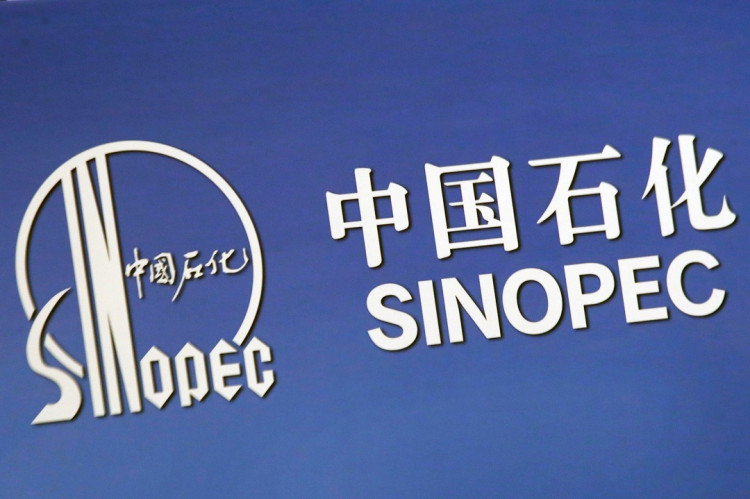China Petroleum & Chemical Corporation (Sinopec) is reportedly decreasing its overall operations next month due to the recent sharp increase in the cost of shipping crude from overseas.
Sources with knowledge of the matter have stated that freight rates have surged by as much as fivefold since late-September, eating away at the company's margins.
Late last month, the cost of chartering tankers from the Persian Gulf to China has dramatically increased. This was a direct result of the United States' announced sanctions against Chinese ship owners.
The sanctions essentially caused a bidding war for alternative tankers for refiners, driving up the cost of importing crude oil.
Data from the Baltic Exchange have revealed a dramatic increase in supertanker chartering prices since the US imposed sanctions on companies such as COSCO Shipping Energy Transportation. The affected companies were forced to cancel some of their trips, resulting in added costs to find suitable replacements.
The cost of transporting a barrel of oil from West Africa to China reportedly rose by $10, adding almost 20 percent to the price of its contents.
According to reports citing sources with knowledge of the company's plans, Sinopec is planning to cut its operations in November. The move could result in a reduction in the production of oil by as much as 1 million tons by December.
This is equivalent to roughly 5 percent of the company's total refining capacity.
The company typically ramps up its production in the last few months of the year to cope with higher demand for the winter and the holidays. However, the surge in freight costs has forced the company to reevaluate its actions. Oil-procurement costs have apparently outweighed the potential gains in the coming months.
The Chinese oil and gas giant currently supplies various oil products to the entire country.
These products include fuels, natural gas, lubricants, petrochemicals, biodiesel, jet fuel, and ethanol. The Beijing-based company operates a number of refineries in the country's southeastern coast, north China, and the Yangtze River.
Apart from Sinopec, major oil refiners from countries such as India and Vietnam have expressed concerns over the rising freight costs. Indian Oil and Hindustan Petroleum have publicly raised concerns over the possible impact of the freight rates and their impact on other industries and the economy.
Freight rates are expected to surge even higher next year as the cleaner ship-fuel rules will take effect. The new rule from the International Maritime Organization (IMO) is aimed at significantly cutting pollution from sea-faring vessels and will take effect on January 1 next year.






